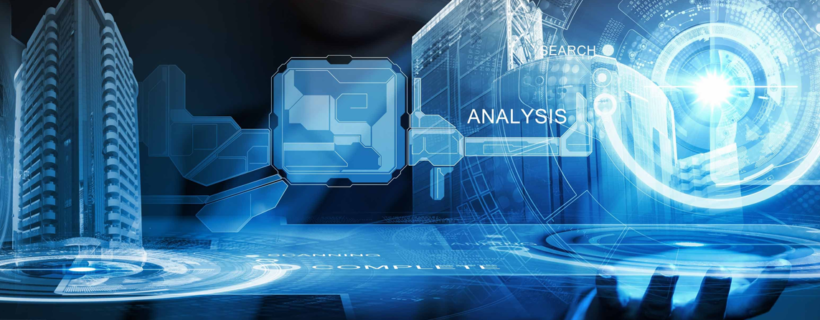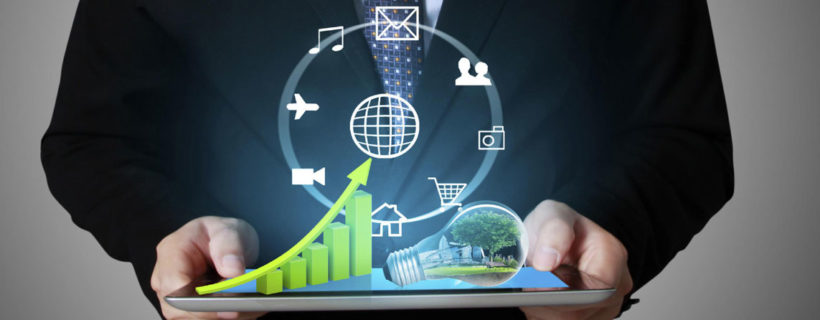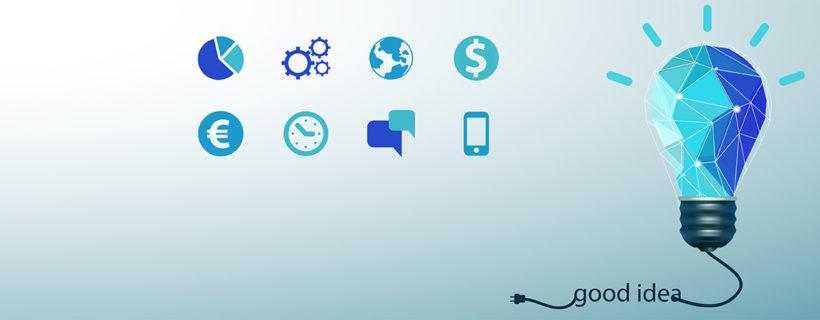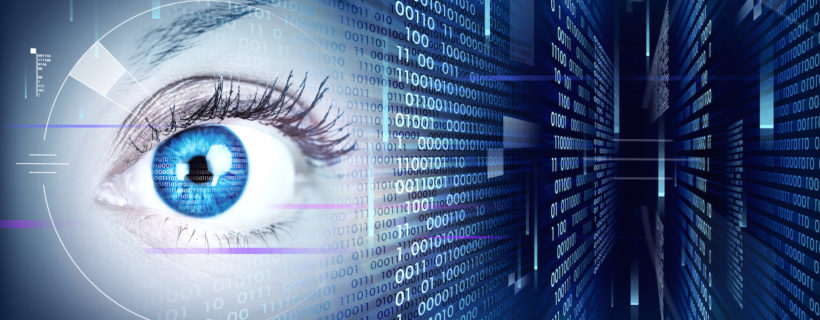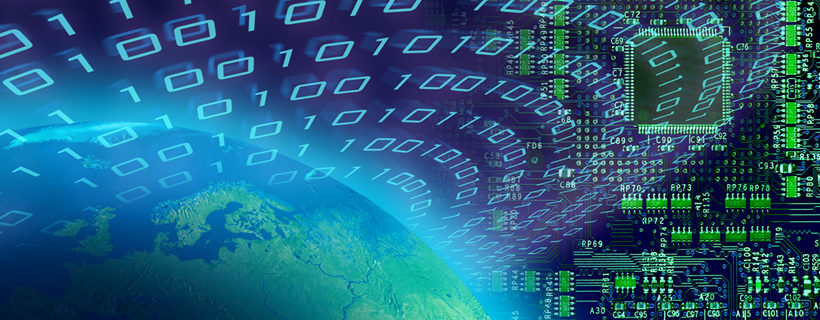The word haptic, from the Greek: ἁπτικός (haptikos), means “pertaining to the sense of touch” and comes from the Greek verb ἅπτεσθαι haptesthai, meaning “to contact” or “to touch”.
Haptic technology will be more remarkable than any breakthrough in the past technology
Haptic technology will change the way we live and interact with technology in the future. As mobile devices to act more like an extension of our body, so that the connected smart devices will act as an extension of our environments, allowing us to control the world around us in a unimaginable way.

Lady Luck: Anthropomorphized Luck Creates Perceptions of Risk-Sharing and Drives Pursuit of Risky Alternatives
A new study published in the Journal of the Association for Consumer Research posits that increased accessibility to anthropomorphized luck (i.e., “lady luck”) can lead consumers to be more likely to pursue ...
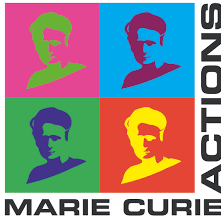
Marie Skłodowska-Curie Actions: €822 million in 2021
The European Commission announced new calls to support researchers’ training, skills and career development under the Marie Skłodowska-Curie Actions (MSCA), the EU’s flagship funding programme under Horizon Europe for doctoral education and postdoctoral ...
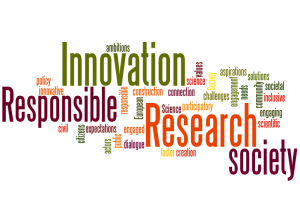
European Innovation Scoreboard 2021
The Commission has released the European Innovation Scoreboard 2021, which shows that Europe’s innovation performance continues to improve across the EU. On average, innovation performance has increased by 12.5% since 2014 ...

What is the link between innovation and financial performance
A large-scale study of the link between innovation and financial performance in Australian companies has found more innovative companies post higher future profits and stock returns. The findings highlight the ...

Future events anticipated by dreams
Dreams result from a process that often combines fragments of multiple life experiences and anticipates future events, according to novel evidence from a new study. Results show that 53.5% of dreams ...

6G technology will bring haptic internet, mobile edge computing and holographic communications
Imagine you’re a fisherman living by a lake with a rowboat. Every day, you row out on the calm waters and life is good. But then your family grows, and ...

Night vision forever with ultra-thin film
Researchers from The Australian National University (ANU) have developed new technology that allows people to see clearly in the dark, revolutionising night-vision. The first-of-its-kind thin film, described in a new ...

€22 billion in new European Partnerships to deliver solutions to major societal challenges
The European Commission launched 11 new European Partnerships together with industry, to boost investments in research and innovation and to overcome major climate and sustainability challenges, towards making Europe the ...
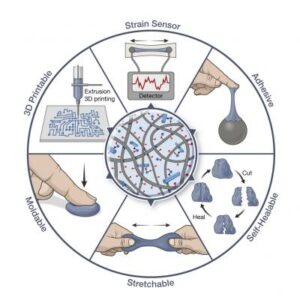
A green material with many properties
A DTU research team consisting of Malgorzata Gosia Pierchala, Firoz Babu Kadumundi, and Mehdi Mehrali from #TeamBioEngine headed by Alireza Dolatshahi-Pirouz, have developed a new material – CareGum – that ...
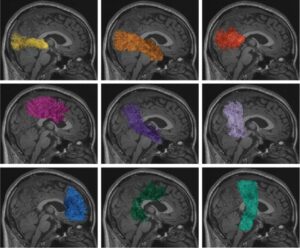
Neuroinformatics research has advanced the understanding of human cognition and brain networks
People often think about human behavior in terms of what is happening in the present reading a newspaper, driving a car, or catching a football. But other dimensions of behavior ...

Printed electronics offer the advantage of flexibility and low cost
The demand for flexible wearable electronics has spiked with the dramatic growth of smart devices that can exchange data with other devices over the internet with embedded sensors, software, and ...
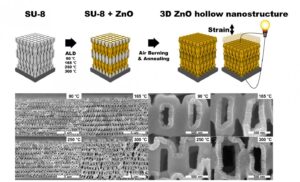
New mediums of communication using haptic technology
With the importance of non-contact environments growing due to COVID-19, tactile electronic devices using haptic technology are gaining traction as new mediums of communication. Haptic technology is being applied in ...
